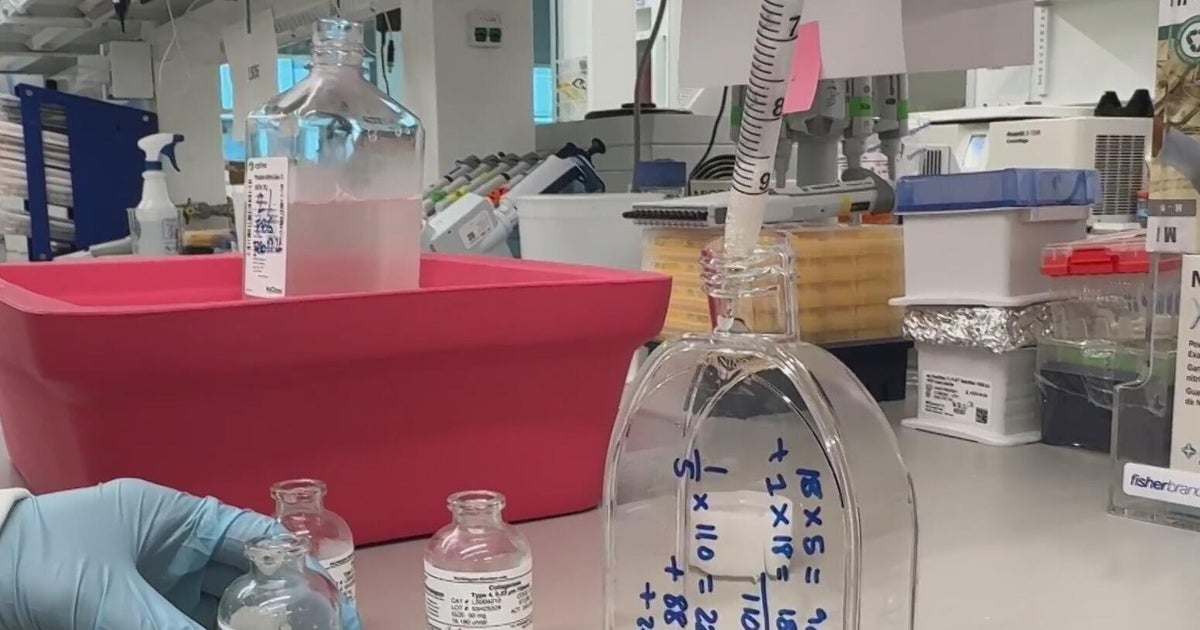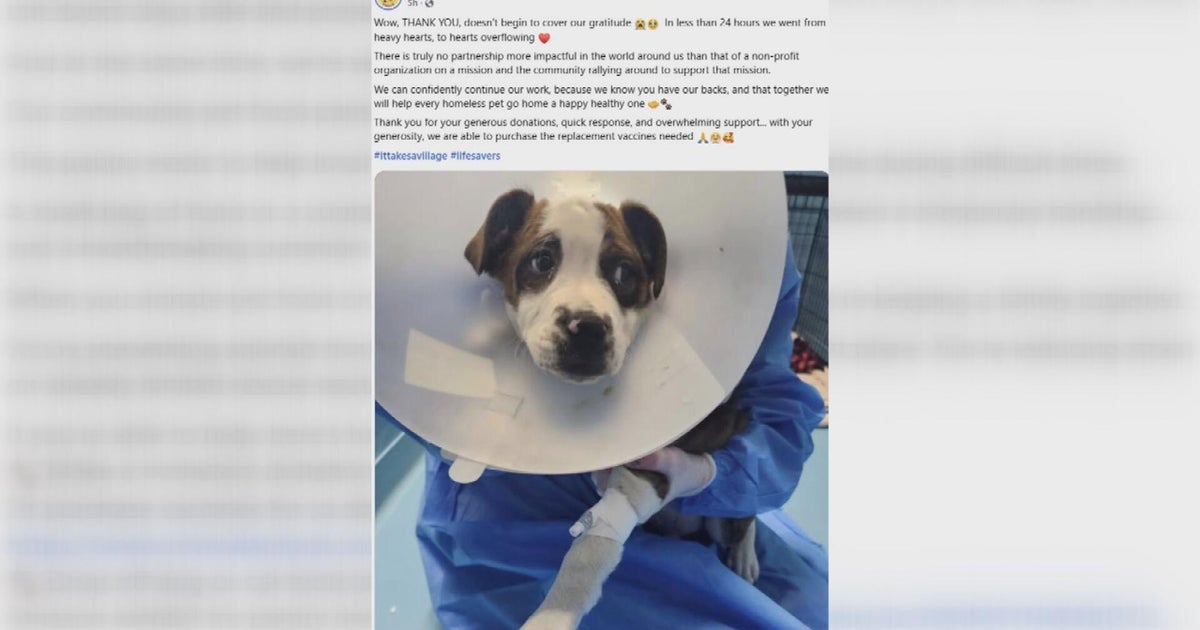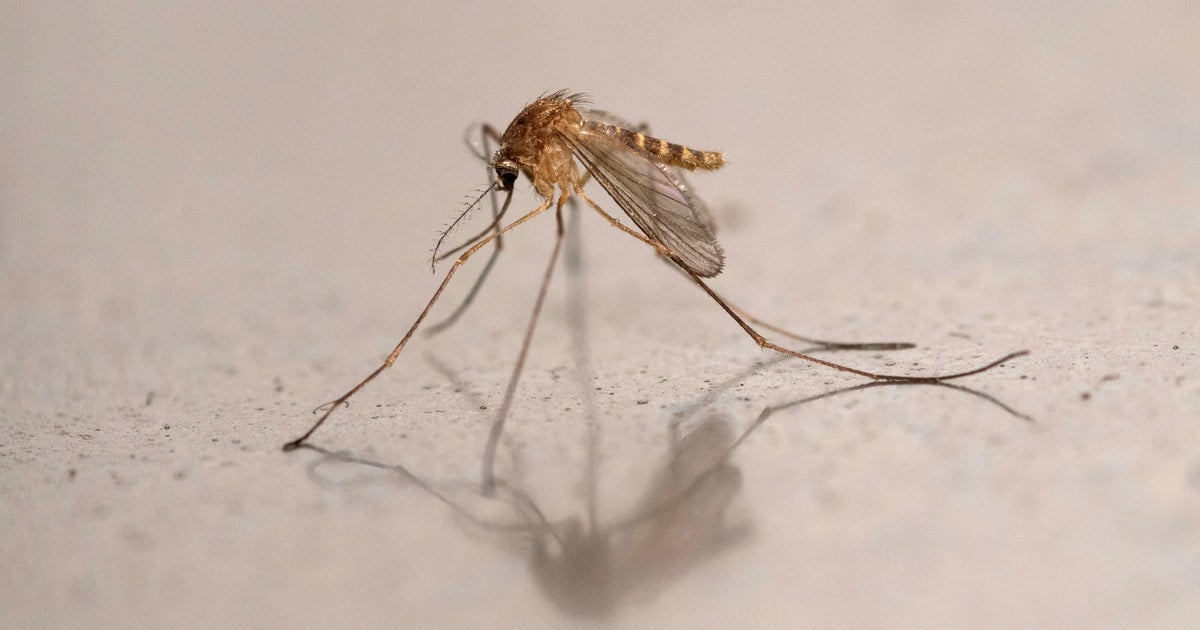Study: Risk Of Brain Blood Clots Is 8-10 Times Higher After COVID-19 Infection Than From Vaccine
NEW YORK (CBSNewYork) -- There's new data regarding the rare cases of blood clotting in COVID-19 patients and vaccine recipients.
Extremely rare brain blood clots after the Johnson & Johnson COVID-19 vaccine led U.S. health officials to pause the use of that vaccine.
Now, new research from the University of Oxford in England finds the risk of cerebral venous thrombosis, or CVT, is eight to ten times higher after COVID-19 infection than from the vaccines meant to protect against the virus.
COVID VACCINE
- New York State book online here or call 1-833-NYS-4-VAX
- New York City book online here or call 877-VAX-4NYC
- Track NYC vaccinations by zip code
- Nassau County more info here
- Suffolk County more info here
- Westchester County more info here
- New Jersey book online here or call 1-855-568-0545
- Connecticut book online here
"The importance of this finding is it brings it back to the fact that this is a really horrible illness that has a whole variety of effects, including increased risk of CVT and PVT in this group," said Professor John Geddes, head of the department of psychiatry at Oxford.
The AstraZeneca vaccine, co-developed by Oxford University, has also been linked to rare brain clots in the UK.
As CBS2's Dr. Max Gomez reports, the Oxford study, which hasn't been reviewed yet by scientists or published, looked at 500,000 COVID-19 patients and found CVT occurred at a rate of 39 in 1 million people after infection. Those numbers were 4 in 1 million with the Pfizer or Moderna vaccines and 5 in 1 million with the AstraZeneca vaccine.
CORONAVIRUS PANDEMIC
- Ask CBS2's Dr. Max Your Vaccine Questions
- COVID Vaccine FAQ From CDC
- Vaccination Sites In New York City | Call 877-VAX-4NYC
- Track NYC Vaccinations By Zip Code
- Find A New York City Testing Site Near You
- Check NYC Testing Wait Times
- Resources: Help With Unemployment, Hunger, Mental Health & More
- Remote Learning Tools For Students And Parents At Home
- Complete Coronavirus Coverage
But U.S. researchers say there are significant problems with the data analysis in the paper that led to unsupported conclusions.
"You cannot make any statement, the way this is designed, about the adverse events following the vaccination, with the mRNA comparing to anything else. There were many, many, I would say, procedural gaps in here regarding the way the study was done," Dr. Anthony Fauci said.
The numbers in the Oxford study are also at odds with the data that the CDC's advisory committee considered Wednesday in extending the Johnson & Johnson pause.
The important conclusion, though, is that the benefits of vaccination still far outweigh the risks of getting COVID.







